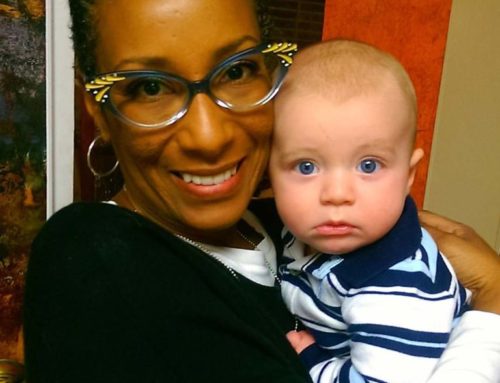At times, our lives take on a momentum of their very own and we live life at top speed. It is vital that we begin to slow down, take stock of how we spend our time and energy and look at what life has to offer us. Three areas of life: work, play and self-care, must remain in balance for us to be in optimal health.
We typically spend eight to ten hours at work each day in order to make a living for our families and provide the necessities of life. Work can be a job, career, or vocation. The highest form of work is an energizing vocation which helps us wake up saying, “Yes, I get to do what I love and get paid for it!” Unfortunately, most of us do not work in our true vocation; most of us have jobs or careers which can take energy from us, depleting us at the end of the work cycle. Therefore, it is essential to keep work in perspective and balance it with play and self-care. Although money is important, it can be of little use if we are out of balance, unhealthy or sick.
Play, games and pastimes were a part of life of all ancient peoples. We have found – in excavation sites of Egypt, Babylonia, China and in the Western hemisphere – toys, games, drawings, sculptures, and evidence of early theater. Play is an essential ingredient to balance our lives for optimal health. The ancient Egyptians and Greeks prescribed recreation/play as a means of treating the sick. Often the recommended treatment for recovering from an illness included walks, reading, theater performances and traveling.
Include play of some sort in each and every day, or at least a few times a week. As we begin to shift from the activities of summer to the activities of fall, take yourself to the theatre, visit the art museums, see a Broadway musical, enjoy the spectacular music of the symphony and opera.
Self-care is the act of attending to or being present to ourselves, often lost in the hurried world in which we now live. Self-care involves being present to the body, mind and heart in the present moment.
Remember to take care of your body, or doing center, by exercising, consuming the amount of calories that your body needs to maintain a healthy weight, getting plenty of water each day, finding time for massage or other body work, and most importantly, don’t forget that we all need a heavy dose of physical affection and hugs each day. The body will reward us by remaining healthy if we attend to its needs in a conscious way.
The mind, or thinking center, needs stimulation in order to remain healthy, and we can do that by reading, researching on the internet, doing crossword puzzles, taking continuing education classes, challenging ourselves to learn new things, and staying in open conversations with family and friends. Meditation, or simply quieting or clearing our minds for twenty to thirty minutes each day, can help us to hear our true inner voice. When we are quiet, we often can find the true answer to any question that is at hand. Our minds love diversion, so engaging in activities that involve the arts is also a wonderful stimulation.
We keep the heart, or feeling center, healthy by being aware of our feelings; sharing our feelings with others; being compassionate with ourselves and others as we make our way through life; and by remaining kind in all of our interactions. The heart is nourished by worship, attending plays and musical events that touch us in some deep way, and by maintaining healthy, open, caring relationships.
The key to living better is balancing all aspects of work, play and self-care, and remaining happy, healthy and vibrant is possible by attending to the mind, body and heart centers. Be compassionate and kind to yourself and others as you work, play and take care of yourself.






